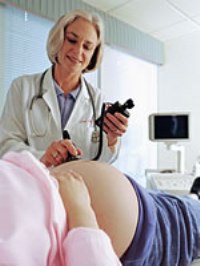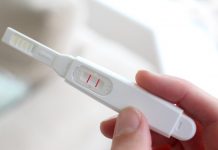Usually done within the second trimester of pregnancy i.e. when you are 15 weeks pregnant to 18 weeks pregnant, multiple marker screening is a non-invasive blood test which can detect whether your baby is at an increased risk of certain problems.
Ideally, this test is done in conjunction with first-trimester screening tests. This combination is known as integrated or sequential screening.
Similar to other screening tests, multiple marker test will give you an estimation of your baby’s complications, but not a diagnosis.
The test also helps you to decide whether you need an invasive diagnostic test such as amniocentesis.
The markers measured by this test include: alpha-fetoprotein (AFP), a protein produced by the baby’s liver, and also two hormones generated by the placenta called as human chronic gonadotropin (hCG) and unconjugated estriol (uE3).
There are other multiple marker tests:Â quad screen, which measures the above three substances and a fourth marker called inhibin A.
Who needs to undergo this test?
Multiple marker screening is advised for all pregnant women, whether or not they have low or high risk complications associated with pregnancy. These are the high risk factors:
- If you are 35 years or over and/or have had earlier pregnancies with birth defects or have a family history of common birth defects.
- If you are suffering with insulin dependent diabetes or have taken medication that is harmful to your baby.
- If you are suffering from any viral infection or are exposed to high levels of radiation.
How is the test useful?
This test is a screening tool, but not a diagnostic one, so it does not confirm whether your baby will carry the birth defect. However, it can give you more information about the odds of carrying a child with particular abnormalities. Some of those include:
Down syndrome: This is due to an additional chromosome 21, which can be seen in one among 800 births. Babies with this condition have mental retardation and dissimilar facial features such as slanted eyes, flat face and low set ears.
Trisomy 18: This is due to an additional chromosome 18. Evident in only one out of 7,000 babies, this can cause severe mental retardation and various physical defects.
Neural tube defects: Babies born with neural tube defects have an improper brain and spinal chord. This can lead to conditions like Spina bifida, which, in turn, can cause neurological problems, bowel and bladder problems, and leg paralysis.
Abdominal defects: The test also warns whether there are any possible risks of unusual issues of the abdominal wall, bowel or kidney.






